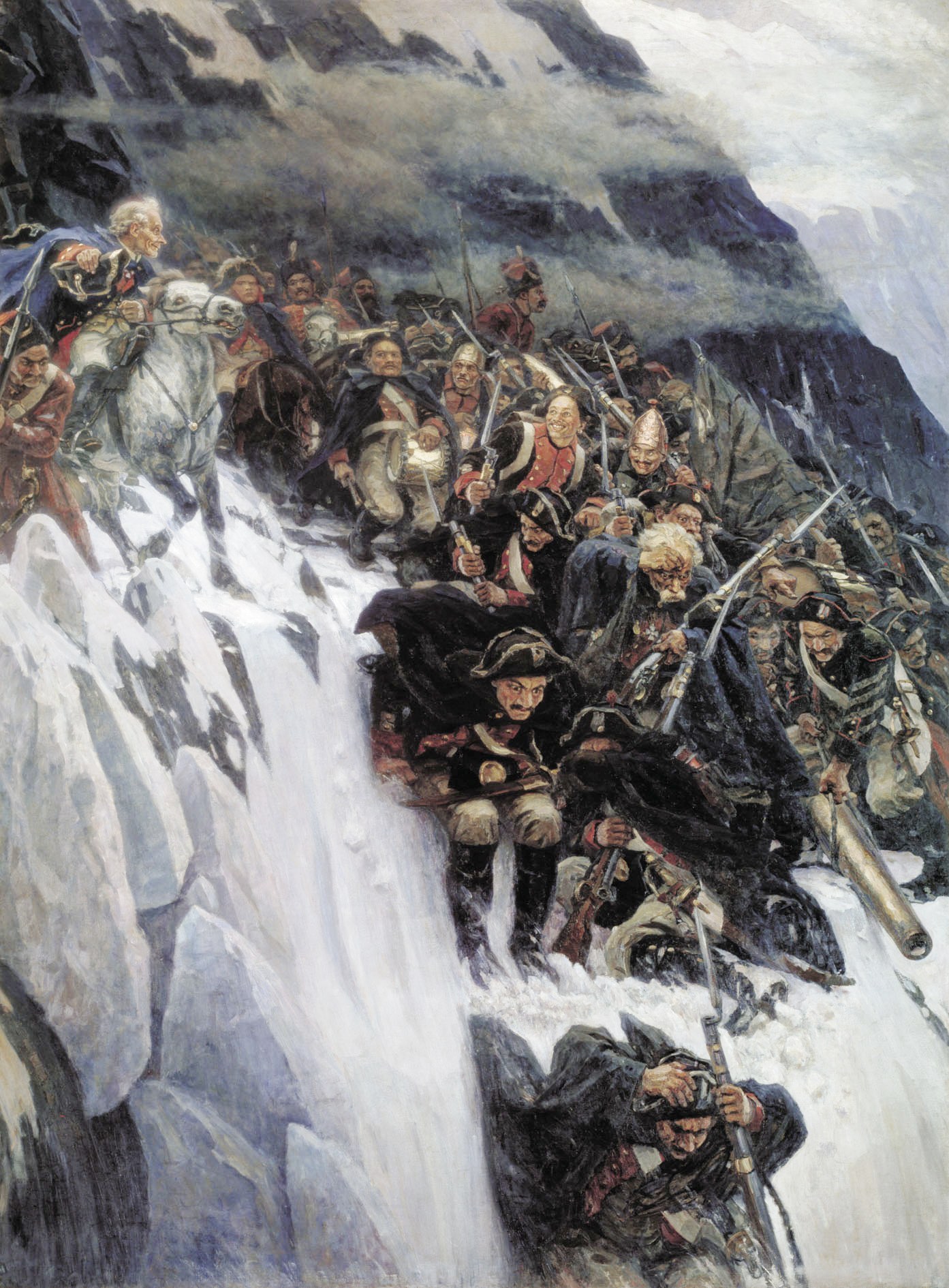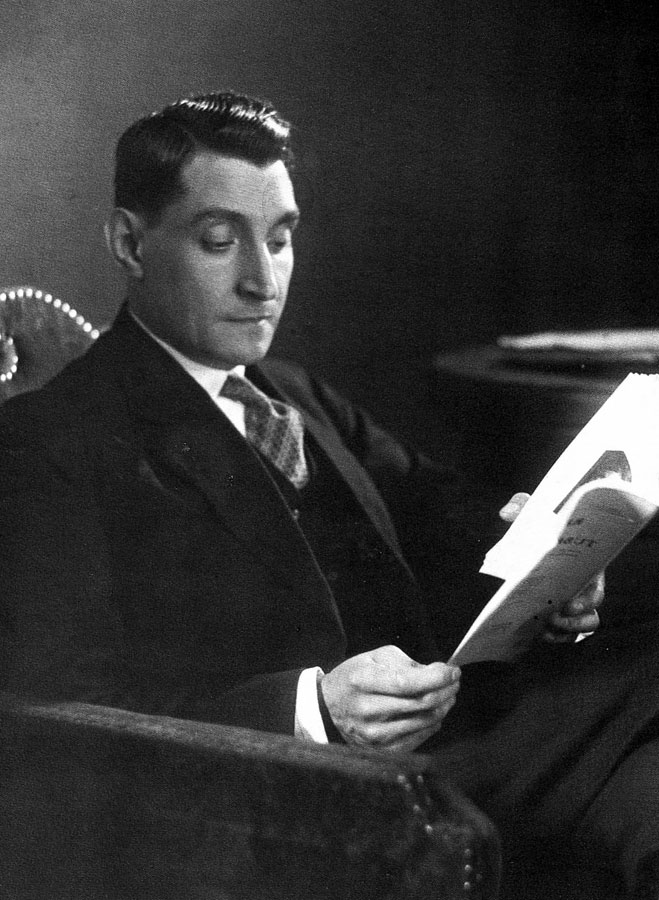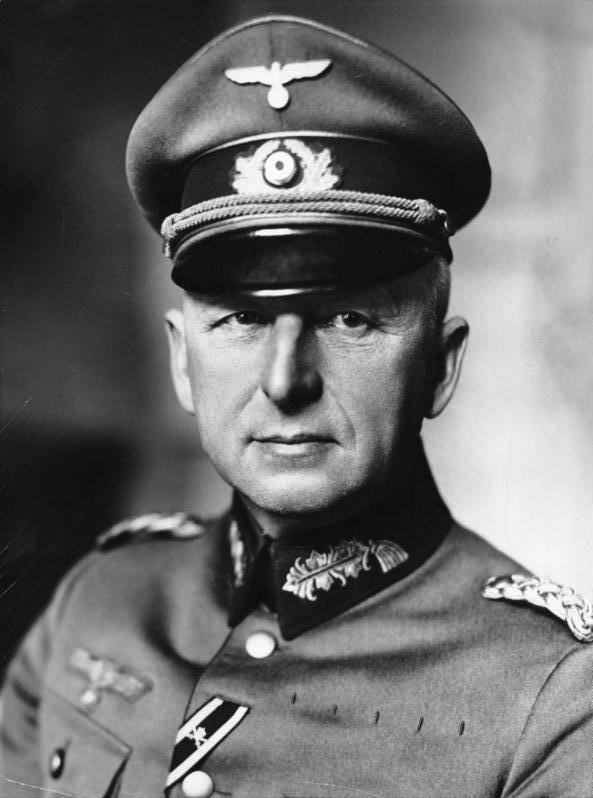|
|
Post by Suvorov on Nov 2, 2015 18:49:02 GMT
I don't really have a top 5, but I were to pick just 2, it would be Napoleon and Hitler. Both went into Russia on the winter, Napoleon came back with less than a 1/4 of his invasion force and Hitler ended up killing himself because soviet forces were closing in on his bunker. Even without the winter, you don't poke the bear, especially a Russian bear you had a Non Aggression Pact with that has Stalin at its command...with a near endless population...and a line of artillery stretching for miles upon miles...and that was just Hitlers screw ups. I can continue but I summed up most of it, I think. Well, now it seems like the Russian Bear was dangerous in 1941. They Bear was at that point actually toothless 1. Most of the commanders were executed during the Great Purge (4 out of the 5 Marshals were executed) and instead a lot of low-rank officers were made generals. These incompetent generals were totally ineffective against Guderian, Fedor von Bock, Wilhelm Ritter von Leeb, Gerd von Rundstedt and those kinds of competent generals. 2. Also, a lot of Soviet soldiers were not trained well (their training was actually crap): The only thing they learned was how to perform classical movements, while the Germans were led and taught much better than their Soviet-counterparts. The most important thing was that Germans were taught to be innovative and take the initiative. 3. Political officers made sure exactly no Soviet officer could take initiatives or be innovative. As their Marshals (and battle-plans) were incompetent and the officers didn't dare to argue with their superiors, the operations mainly resulted in defeats. 4. Marshals were (as said earlier) incompetent and therefore had to rely on the numbers. Marshals didn't care about the well-being of their soldiers like in Western countries. 5. Furthermore, as their officers and soldiers were basically... idiots, heavy losses and phyrric victories occured a lot. |
|
|
|
Post by Jean Lannes on Nov 2, 2015 23:14:50 GMT
Well, now it seems like the Russian Bear was dangerous in 1941. They Bear was at that point actually toothless 1. Most of the commanders were executed during the Great Purge (4 out of the 5 Marshals were executed) and instead a lot of low-rank officers were made generals. These incompetent generals were totally ineffective against Guderian, Fedor von Bock, Wilhelm Ritter von Leeb, Gerd von Rundstedt and those kinds of competent generals. 2. Also, a lot of Soviet soldiers were not trained well (their training was actually crap): The only thing they learned was how to perform classical movements, while the Germans were led and taught much better than their Soviet-counterparts. The most important thing was that Germans were taught to be innovative and take the initiative. 3. Political officers made sure exactly no Soviet officer could take initiatives or be innovative. As their Marshals (and battle-plans) were incompetent and the officers didn't dare to argue with their superiors, the operations mainly resulted in defeats. 4. Marshals were (as said earlier) incompetent and therefore had to rely on the numbers. Marshals didn't care about the well-being of their soldiers like in Western countries. 5. Furthermore, as their officers and soldiers were basically... idiots, heavy losses and phyrric victories occured a lot. Stalin pretty much shot himself in his foot with the Great Purge. I would really like to know if there would have been a difference if Tukhachevsky would have been alive during WW2. |
|
|
|
Post by Suvorov on Nov 3, 2015 18:13:31 GMT
Stalin pretty much shot himself in his foot with the Great Purge. I would really like to know if there would have been a difference if Tukhachevsky would have been alive during WW2. Well, some moron at the Soviet ministry of defence, stopped the production of the T-34's and Katyusha's (mobile rocket launch systems) and replaced those advanced military technology with artillery models from 1920 *facepalm*. Tukhatyevsky was also the mastermind of deep operations. Instead of "Blitzkrieg", in which encirclements are common, "deep operations" seek the destruction of armies by a series of crushing blows throughout the entire depth of the enemy front. So, instead of capitulation (or encircling the enemy to give a perfect target for the Luftwaffe), destruction of the enemy is the purpose of "Deep operations". Some of the principles of "Deep operations were put into practice in 1936 military manoeuvres. These simulations were hosted by generals that would become famous in the future, like Guderian, Manstein and Model. Especially Guderian was impressed and considered it to take up in his German armor doctrine. During WW2, their Soviet counter-parts were already dead or executed What the weird thing is, is that I didn't find any word about "Deep operations"in my copy of "Soviet military strategy" written by Sokolovsky, but I did in "The Great Patriotic War", edited by General Platonov. It seems that some strategies aren't thought to be strategies by everyone, just like with Blitzkrieg. Some German generals said that Blitzkrieg was just an ad-hoc solution for problems encountered along their march and so they improvised a little bit. Hitler once said that Blitzkrieg was the term used by English newspapers and so everyone uses it now. But this all is quite off-topic and I only did it to answer Jean Lannes |
|
|
|
Post by Haelicon on Nov 4, 2015 9:49:08 GMT
Stalin pretty much shot himself in his foot with the Great Purge. I would really like to know if there would have been a difference if Tukhachevsky would have been alive during WW2. Well, some moron at the Soviet ministry of defence, stopped the production of the T-34's and Katyusha's (mobile rocket launch systems) and replaced those advanced military technology with artillery models from 1920 *facepalm*. Tukhatyevsky was also the mastermind of deep operations. Instead of "Blitzkrieg", in which encirclements are common, "deep operations" seek the destruction of armies by a series of crushing blows throughout the entire depth of the enemy front. So, instead of capitulation (or encircling the enemy to give a perfect target for the Luftwaffe), destruction of the enemy is the purpose of "Deep operations". Some of the principles of "Deep operations were put into practice in 1936 military manoeuvres. These simulations were hosted by generals that would become famous in the future, like Guderian, Manstein and Model. Especially Guderian was impressed and considered it to take up in his German armor doctrine. During WW2, their Soviet counter-parts were already dead or executed What the weird thing is, is that I didn't find any word about "Deep operations"in my copy of "Soviet military strategy" written by Sokolovsky, but I did in "The Great Patriotic War", edited by General Platonov. It seems that some strategies aren't thought to be strategies by everyone, just like with Blitzkrieg. Some German generals said that Blitzkrieg was just an ad-hoc solution for problems encountered along their march and so they improvised a little bit. Hitler once said that Blitzkrieg was the term used by English newspapers and so everyone uses it now. But this all is quite off-topic and I only did it to answer Jean LannesBlitzkrieg is a term created by American journalist in Poland. The Germans themselves don't have a name for Blitzkrieg, and Blitzkrieg was just a temporary strategy, not a doctrine at all. Hitler himself thought Blitzkrieg were a silly name. "I have never used the word Blitzkrieg, because it is a very silly word". |
|
|
|
Post by Suvorov on Nov 4, 2015 17:00:00 GMT
Well, some moron at the Soviet ministry of defence, stopped the production of the T-34's and Katyusha's (mobile rocket launch systems) and replaced those advanced military technology with artillery models from 1920 *facepalm*. Tukhatyevsky was also the mastermind of deep operations. Instead of "Blitzkrieg", in which encirclements are common, "deep operations" seek the destruction of armies by a series of crushing blows throughout the entire depth of the enemy front. So, instead of capitulation (or encircling the enemy to give a perfect target for the Luftwaffe), destruction of the enemy is the purpose of "Deep operations". Some of the principles of "Deep operations were put into practice in 1936 military manoeuvres. These simulations were hosted by generals that would become famous in the future, like Guderian, Manstein and Model. Especially Guderian was impressed and considered it to take up in his German armor doctrine. During WW2, their Soviet counter-parts were already dead or executed What the weird thing is, is that I didn't find any word about "Deep operations"in my copy of "Soviet military strategy" written by Sokolovsky, but I did in "The Great Patriotic War", edited by General Platonov. It seems that some strategies aren't thought to be strategies by everyone, just like with Blitzkrieg. Some German generals said that Blitzkrieg was just an ad-hoc solution for problems encountered along their march and so they improvised a little bit. Hitler once said that Blitzkrieg was the term used by English newspapers and so everyone uses it now. But this all is quite off-topic and I only did it to answer Jean LannesBlitzkrieg is a term created by American journalist in Poland. The Germans themselves don't have a name for Blitzkrieg, and Blitzkrieg was just a temporary strategy, not a doctrine at all. Hitler himself thought Blitzkrieg were a silly name. "I have never used the word Blitzkrieg, because it is a very silly word". , once again you have proven yourself a real historian. |
|
|
|
Post by António Salazar on Nov 5, 2015 8:29:41 GMT
I have such a nice book about WW2 and it says about the battle of Stalingrad: After the encirclement in Stalingrad, Stalingrad could be saved by other German armies but ''military genius'' Hitler thought the army would be OK without reinforcements.
|
|
|
|
Post by Suvorov on Nov 5, 2015 12:22:46 GMT
I have such a nice book about WW2 and it says about the battle of Stalingrad: After the encirclement in Stalingrad, Stalingrad could be saved by other German armies but ''military genius'' Hitler thought the army would be OK without reinforcements. Luftwaffe couldn’t supply German forces in Stalingrad enough. After the encircle ment, Manstein tried to save them with operation "Wintergewitter " but even Manstein didn't succeed. The snow prevented quick movement of armies and so these German armies were an easy target for the grouped Russian artillery. |
|
|
|
Post by António Salazar on Nov 5, 2015 14:47:14 GMT
Yup
|
|
|
|
Post by Suvorov on Nov 16, 2015 18:53:49 GMT
I have such a nice book about WW2 and it says about the battle of Stalingrad: After the encirclement in Stalingrad, Stalingrad could be saved by other German armies but ''military genius'' Hitler thought the army would be OK without reinforcements. How is the book called? Anthony Beevor's book about Stalingrad is the only English book I recommend. If you're experienced in Dutch, Jaap Jan Brouwer's "Het Oostfront" is recommended 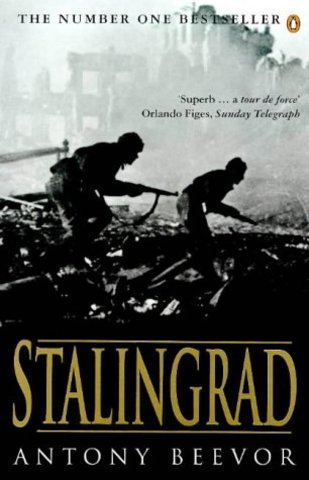 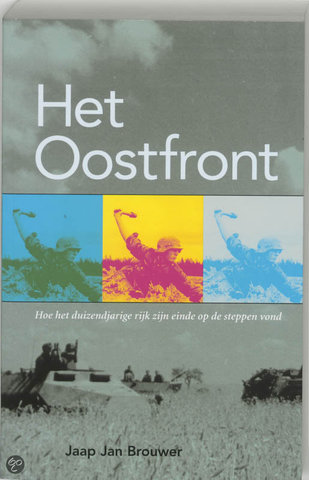 |
|
|
|
Post by António Salazar on Nov 16, 2015 18:58:40 GMT
I will look up the title.
|
|


